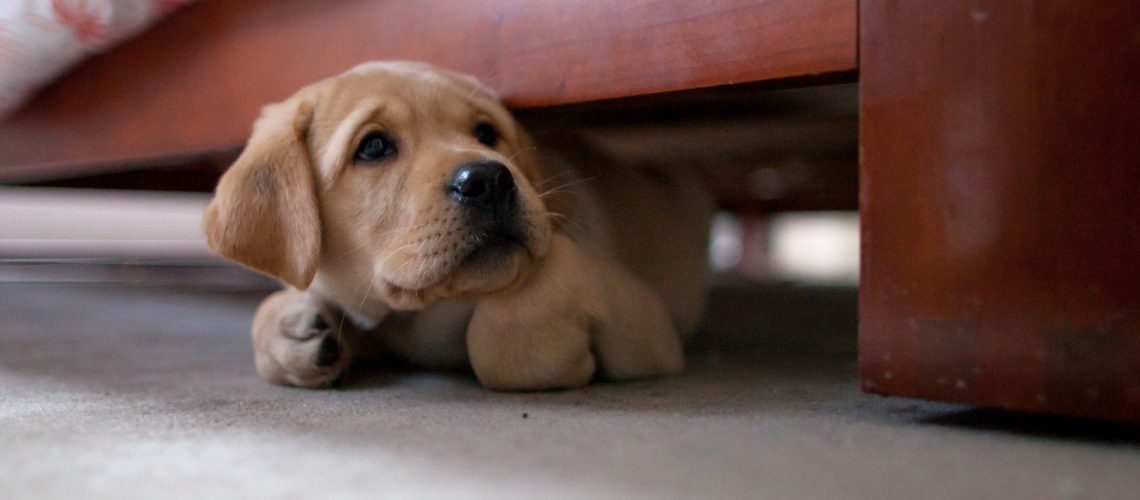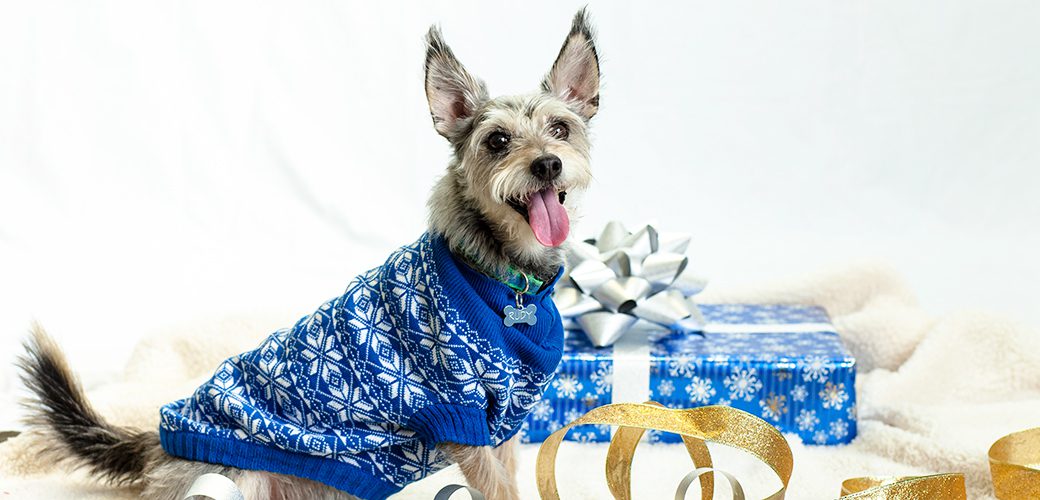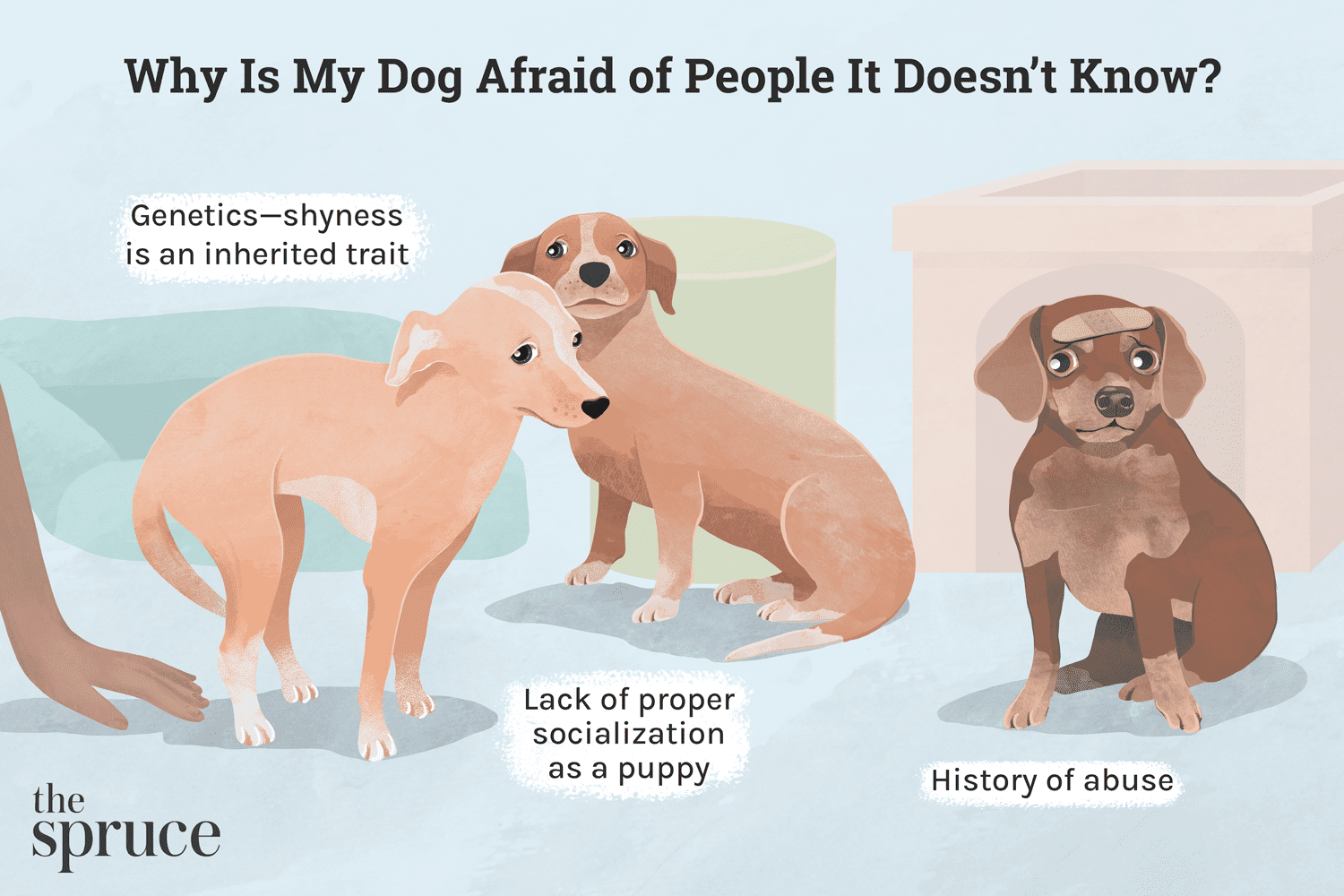Firework phobias in dogs are a common concern for pet owners. Understanding the causes and symptoms of this fear can help ensure the well-being of our furry friends during festive celebrations.
Key Takeaways:
- Firework phobias in dogs are a common issue, with many dogs experiencing extreme fear and anxiety during firework displays.
- It is important for dog owners to understand the signs of firework phobia in their pets, which can include trembling, panting, pacing, hiding, and destructive behavior.
- Prevention and management techniques can help alleviate firework phobia in dogs, such as creating a safe and secure environment indoors, using calming aids like pheromone diffusers or anxiety wraps, and desensitization training.
- Seeking professional help from a veterinarian or animal behaviorist is recommended for severe cases of firework phobia in dogs, as they can provide additional strategies and potentially prescribe medications to help manage the fear.
- During firework displays or other loud events, it is crucial to keep dogs indoors and ensure they have proper identification in case they escape due to fear.
Understanding Firework Phobias in Dogs
Firework phobia is a common fear that many dogs experience. It is important to understand why dogs are afraid of fireworks so that we can help them feel safe and calm during these loud celebrations. Dogs have a heightened sense of hearing, which means they can hear sounds at much higher frequencies than humans. Fireworks produce loud noises and bright flashes of light, which can be overwhelming for dogs.
Noise Sensitivity
Dogs have sensitive ears, and the loud bangs and booms from fireworks can be incredibly distressing for them. The noise can cause anxiety and fear, as it is much louder to their sensitive ears than it is to ours. Some dogs may also associate the noise with danger or perceive it as a threat.
Lack of Familiarity
Fireworks are not a part of a dog's normal environment, so they may find the sudden appearance of bright lights and loud noises confusing and scary. Dogs thrive on routine and predictability, so when something unexpected like fireworks happens, it can throw them off balance and trigger fear.
Causes of Fear in Dogs towards Fireworks
There are several reasons why dogs develop a fear of fireworks. Understanding these causes can help us address their fears more effectively:
Loud Noise
The most common cause of firework phobia in dogs is the loud noise they produce. The sudden explosions and crackling sounds can startle dogs and trigger their fight-or-flight response. This response is an instinctual reaction to perceived danger, causing the release of stress hormones like adrenaline.
Past Traumatic Experience
If a dog has had a traumatic experience related to fireworks in the past, such as getting lost during a fireworks display or being injured by a firework, it can create a lasting fear. Dogs have long memories and can associate certain sights, sounds, or smells with negative experiences.
Lack of Socialization
Dogs that haven't been exposed to loud noises like fireworks during their critical socialization period (between 3 and 14 weeks of age) may be more prone to developing fears later in life. Proper socialization helps dogs become more confident and adaptable to various stimuli.
Signs that Your Dog is Afraid of Fireworks
Fireworks can be a source of anxiety and fear for many dogs. It's important to recognize the signs that your dog may be afraid of fireworks so you can take appropriate measures to help them feel safe. Some common signs include:
- Trembling or shaking
- Pacing or restlessness
- Excessive panting or drooling
- Hiding or seeking shelter
- Barking, whining, or howling
- Trying to escape or run away
Physical Signs of Fear in Dogs during Fireworks
In addition to the behavioral signs mentioned above, there are also physical signs that indicate your dog is afraid of fireworks. These may include:
- Dilated pupils
- Increased heart rate
- Rapid breathing
- Sweating from their paw pads
- Tucked tail or lowered body posture
- Ears pinned back against their head
Observing and Documenting Your Dog's Reactions to Fireworks
If you suspect that your dog has a fear of fireworks, it can be helpful to observe and document their reactions during firework displays. This information will be valuable when discussing treatment options with a veterinarian or animal behaviorist.
Common Indications of Firework Phobia in Dogs
A firework phobia in dogs can manifest in various ways, and it's essential to recognize these indications to provide appropriate support for your furry friend. Some common indications of firework phobia in dogs include:
- Extreme restlessness or inability to settle
- Pacing back and forth
- Excessive drooling or panting
- Loss of appetite
- Attempts to escape or hide in small spaces
- Destructive behavior, such as chewing furniture or scratching doors
The Role of Body Language in Identifying Firework Phobia
Understanding your dog's body language is crucial when identifying firework phobia. Look out for the following signs that may indicate fear or anxiety:
- Tail tucked between the legs
- Ears pinned back against the head
- Wide eyes with dilated pupils
- Cowering or hunching down
- Licking lips excessively
- Avoiding eye contact and turning away from stimuli
Seeking Professional Help for Firework Phobia in Dogs
If your dog displays any of these common indications of firework phobia, it is advisable to seek professional help from a veterinarian or animal behaviorist. They can provide guidance on managing and treating your dog's fear.
The Consequences for Dogs with Severe Firework Phobias
Dogs with severe firework phobias can experience significant distress during fireworks celebrations. The consequences of untreated severe firework phobias may include:
Physical Health Implications of Severe Firework Phobias in Dogs
The stress and anxiety caused by severe firework phobias can have detrimental effects on a dog's physical health. Some potential consequences include:
- Increased heart rate and blood pressure
- Exhaustion and fatigue
- Loss of appetite and weight loss
- Gastrointestinal issues, such as vomiting or diarrhea
- Weakened immune system
- Aggravation of pre-existing medical conditions
The Emotional Toll of Severe Firework Phobias on Dogs
Dogs with severe firework phobias also experience significant emotional distress. The constant fear and anxiety can lead to long-term psychological effects, including:
- Development of generalized anxiety disorder
- Increased sensitivity to other loud noises or stimuli
- Social withdrawal and avoidance behavior
- Limited quality of life due to fear-induced restrictions
- Behavioral issues, such as aggression or destructive behavior
Effective Ways to Calm a Dog with a Fear of Fireworks
If your dog has a fear of fireworks, there are several effective strategies you can try to help calm them during firework displays. Some proven methods include:
Create a Safe Space for Your Dog
Designate a quiet, secure area in your home where your dog can retreat during fireworks. This space should be comfortable and familiar to them, preferably with minimal noise from outside. Consider using white noise machines or calming music to drown out the sound of fireworks.
Provide Distractions and Positive Reinforcement
Distracting your dog with their favorite toys or treats can help redirect their focus away from the fireworks. Engage in activities that your dog enjoys, such as playing games or practicing obedience commands. Reward them with praise and treats for calm behavior to reinforce positive associations with fireworks.
Tips for Preventing or Reducing Firework Phobias in Dogs
Prevention and early intervention play a crucial role in reducing firework phobias in dogs. Here are some tips to help prevent or minimize firework phobias:
Gradual Desensitization to Firework Sounds
Expose your dog to recorded firework sounds at a low volume and gradually increase the volume over time. Pair these sounds with positive experiences, such as playtime or treats, to create positive associations. This process helps desensitize your dog to the sound of fireworks.
Consultation with a Professional Trainer or Behaviorist
Seek guidance from a professional trainer or animal behaviorist who specializes in fear and anxiety-related issues in dogs. They can provide personalized training plans and techniques tailored to your dog's specific needs.
Possible Medications and Treatments for Dogs with Firework Phobias
In severe cases of firework phobia, medication may be necessary to help alleviate your dog's anxiety during fireworks displays. Some possible medications and treatments include:
Anxiolytic Medications
Veterinarians may prescribe anxiolytic medications, such as benzodiazepines or selective serotonin reuptake inhibitors (SSRIs), to help reduce anxiety levels in dogs during fireworks celebrations. These medications should only be used under veterinary supervision.
Therapies and Supplements
In addition to medication, alternative therapies like behavioral modification techniques, pheromone therapy (e.g., Adaptil), and natural supplements (e.g., melatonin) can also be considered to help calm dogs with firework phobias. It's essential to consult with a veterinarian before starting any new treatment.
Keeping Your Dog Safe during Fireworks Celebrations: Important Measures to Take
During fireworks celebrations, it's crucial to take certain measures to ensure the safety of your dog. Here are some important steps to follow:
Keep Your Dog Indoors
Keep your dog securely indoors during fireworks displays. Close all windows and curtains to minimize noise and visual stimuli. Provide them with access to their designated safe space and ensure they have identification tags or microchips in case they manage to escape.
Avoid Leaving Your Dog Alone
If possible, avoid leaving your dog alone during fireworks celebrations. Having a familiar person present can provide comfort and reassurance for your dog. If you must leave, consider hiring a pet sitter or asking a trusted friend or family member to stay with your dog.
| In Conclusion: | |
| Firework phobias in dogs are: | Common and can cause severe distress and anxiety. |
| Symptoms include: | Panting, pacing, trembling, hiding, and destructive behavior. |
| Ways to help your dog: | Provide a safe space, use desensitization techniques, consult a veterinarian for medication options. |
Remember to prioritize your dog's well
More Reads
Dr. Clara Bennett
Hello, fellow pet enthusiasts! I'm Dr. Clara Bennett, your go-to expert on all things pets. With a background in veterinary medicine and a passion for nutrition, I've spent years diving deep into the world of cats, dogs, birds, horses, and the products that keep them thriving. From the English countryside, I've witnessed the magic of animals and am here to share my knowledge, ensuring your pets receive the best care. Together, let's master the art of pet care!
All Posts »
Next Steps In Mastering Cat CareNext Steps In Mastering Dog CareJoin Our NewsletterSubscribe to receive our latest updates in your inbox! | |
















